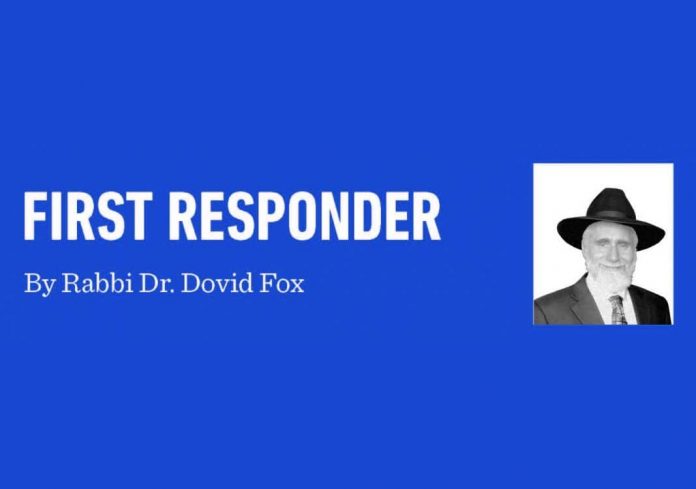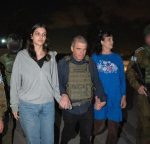Several years ago, I treated a soldier from the IDF who had returned to America after serving in combat. A young single man, he had gone off to study in the Holy Land, and when the call came to aid in one more effort to protect Jews and save the Jewish homeland, he joined the army. He saw action. His outfit was ambushed a number of times and those in his group who survived were then reassigned to other outfits. He survived each of those respective battles but was exposed to the horrors of war. Upon his return, he was a shadow of himself. He had become withdrawn, tense, and wary of others. He startled at a sudden noise, and could not handle the caring touch of loving family members. He agreed to meet with me and we spent long hours in relative silence, sometimes accompanied by his weeping, other times by his pacing, occasionally with slivers of disclosure as he reconstructed some of his memories and experiences. It was a long process, but eventually he found his way back to the land of the living, and with time returned to Eretz Yisroel.
When a person is subjected to horror, deprivation, isolation, and terror, the road back is neither direct nor well-paved. As much as we assume that a survivor will welcome cheerful with support and warm embraces, the reality is that it takes much time before they feel safe again. In the aftermath of traumatic exposure, even the kindest outreach can seem like a trespass and the words we use to encourage them can ring hollow and feel insensitive. Paradoxically, those who have suffered in isolation may not crave the attention of others. They may need to retreat into their own private space in order to start the process of regrouping and reactivating their skills of communication and socialization.
An American philosopher once observed that there are two words in English that refer to being alone. The pain of being alone is referred to as “loneliness.” The glory of being alone is referred to as “solitude.” Following trauma, there is much pain and little glory, yet recovery often requires what is termed ‘sacred silence,’ which includes the right to savor one’s solitude in the cautious pursuit of healing. Family and friends grapple with finding that balance between wanting to be there for the survivor, yet also needing to maintain respectful boundaries so as not to intrude into that person’s private space.
Inside all of us there is a zone where we can process our thoughts and feelings following devastating or horrific circumstances. Part of recovering is the gradual return to interaction and dialogue, and part of the recovery process involves inner work, which allows one to reacquaint with one’s own mind and soul. Life needs to feel safe again, and this includes knowing that one’s subjective self is once again independent and free of incursion by unwanted threats, savagery, coercion.
We are thrilled, relieved, and sobered to learn that three of the remaining hostages have been led back to life. We pray that they and all the rest will be safe and healthy and secure once again. This is not a moment to take in stride or to nonchalantly ignore. They are among the few who have been released from the horrors and trauma of Gaza and are making their way back. However, dozens more remain for whom we wait in uncertainty, with an abhorrent mixture of hope and dread. A caring Jew does not remain impassive when a captive is liberated. We rejoice, but we sense the pain and fear they have endured. This is not a time to focus on critical opinions or judgmental views. It is a time to pray for an end to Jewish suffering everywhere. This tragedy has been an unfortunate chapter in centuries of Jewish exile. May Hashem protect and rescue Jews in distress and captivity wherever they are, whether at sea or on land, and may He bring us from darkness to light, exile to redemption, speedily and completely. Hashta ba’agala: now and swiftly.
Rabbi Dr. Dovid Fox is a forensic and clinical psychologist, and director of Chai Lifeline Crisis Services. To contact Chai Lifeline’s 24-hour crisis helpline, call 855-3-CRISIS or email crisis@chailifeline.org. Learn more at www.chailifeline.org/crisis.















